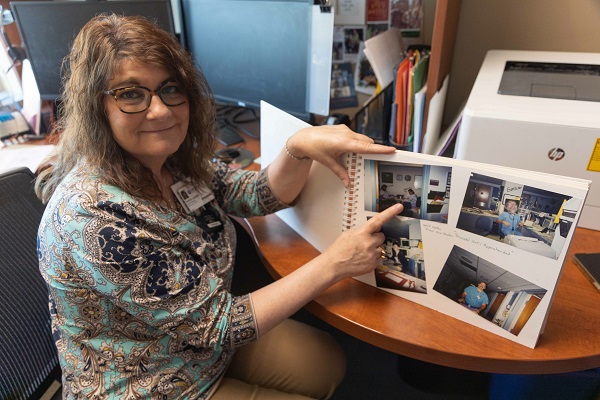-
Understanding the different types of cancer treatment
Typically, the type of cancer and stage determine which treatments are most appropriate for each patient.

-

Understanding the different types of cancer treatment
Typically, the type of cancer and stage determine which treatments are most appropriate for each pat...
-

Can you get tennis elbow playing pickleball? Learn the causes, symptoms and treatment
Proper form in sports and good ergonomics at work are both key to preventing this kind of injury.
-

Get back on your feet: Expert care for broken ankles and foot injuries in Salem, Oregon
Sometimes, a sprained and broken ankle can feel similar. That’s why it’s important to see an orthope...
-

The best lifestyle for a healthy heart
Diet and exercise are just two of the main preventive factors to lead a heart-healthy lifestyle, but...
-

From candy striper to nurse manager: Sheila Loomas’ 37 years of service
“There's an innate a reward in serving that I don't think you get from anything else. When you are g...
-

Common knee injuries and how to treat them
Appropriate footwear and maintaining a healthy weight through exercise can help keep knee injuries a...
-

How to support a loved one with cancer
Follow your loved one's lead — ask how they would like to be supported, offer specific help to lesse...
-

Four ways to raise active kids
The CDC recommends that children ages 6 through 17 engage in at least an hour of physical activity d...
-

‘I’ve had patients look at us and say — now I know I’m going to be okay’
Michele volunteers for Salem Health Cancer Center, as well as the pet therapy program.